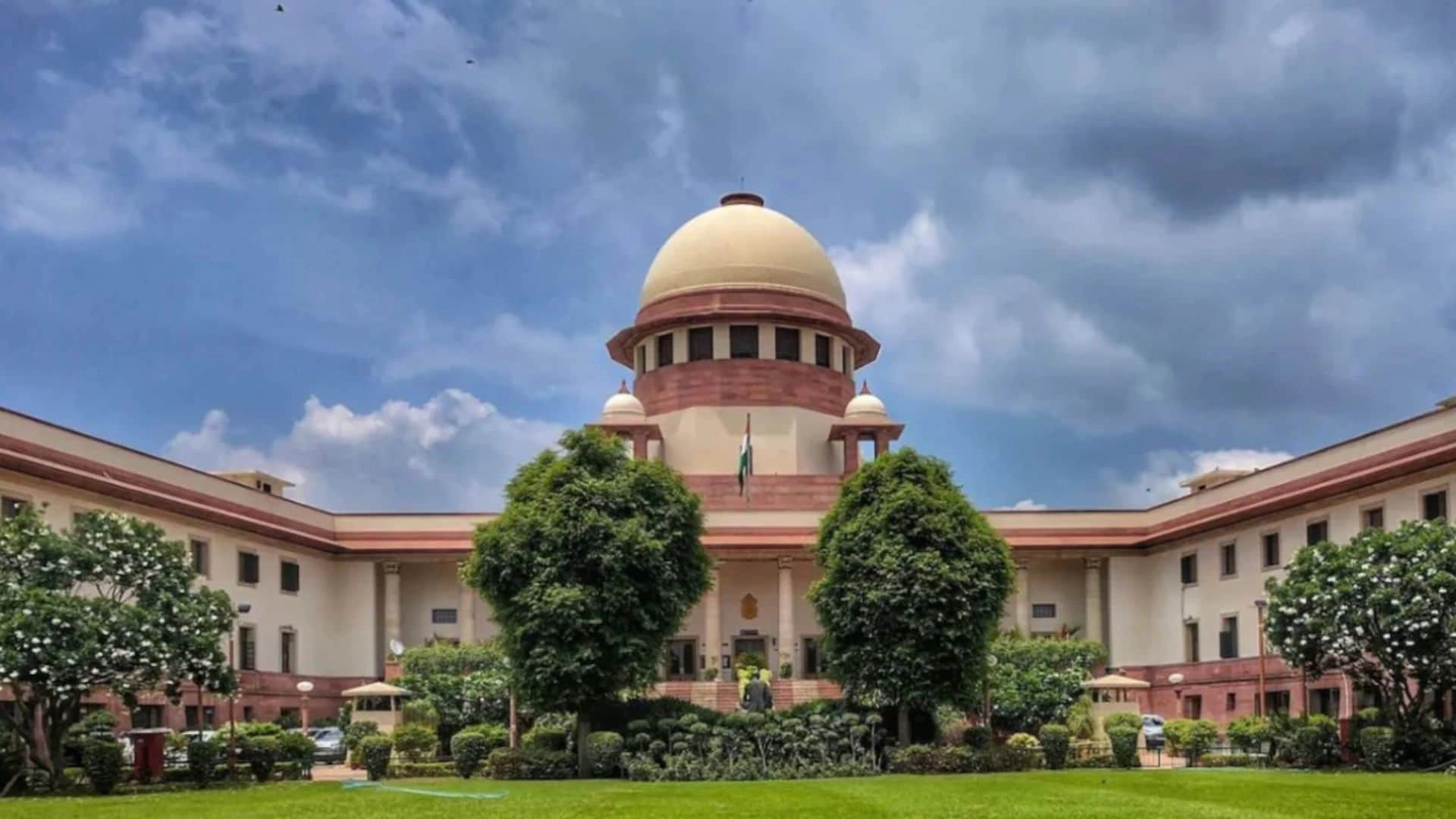During a recent address at the United Nations, the Indian envoy highlighted a pressing issue concerning terrorism emanating from Pakistan, emphasizing that the majority of its victims are innocent civilians. The envoy underscored the devastating impact that terrorism has on everyday life in the region, pointing out that these acts of violence disproportionately affect non-combatants. By focusing on the civilian toll, he aimed to draw attention to the urgent need for the international community to recognize and address the threats posed by state-sponsored terrorism.
The Indian representative articulated that while terrorism is often viewed through the lens of geopolitical conflicts, it is crucial to remember that behind every statistic lies a human story—a family shattered, a life lost, and communities plunged into fear and despair. The envoy urged the global community to take a stand against the normalization of violence and to hold accountable those who support and perpetuate these acts. He asserted that the fight against terrorism cannot be won without acknowledging its roots and the responsibilities of the nations that harbor and promote such ideologies.
Moreover, the Indian envoy called for a coordinated international response to combat terrorism effectively. He stressed the importance of intelligence sharing, capacity building, and the implementation of stringent measures to dismantle the networks that facilitate these heinous acts. In doing so, he reaffirmed India’s commitment to working with other nations to strengthen global security and protect civilians—the most vulnerable victims of terrorism. His remarks served as a poignant reminder of the humanitarian crisis that accompanies such violence, urging the world to prioritize the safety and dignity of all individuals over geopolitical considerations.
In conclusion, the address at the UN was not just a condemnation of Pakistan’s role in fostering terrorism but also a clarion call for solidarity in the fight against this global menace. The Indian envoy’s statements highlighted the necessity for a united front against terrorism, advocating for concerted actions that prioritize the lives of civilians and uphold human rights. As the international community grapples with the challenges posed by terrorism, it must remain vigilant and proactive in its efforts to protect those who are most at risk.




